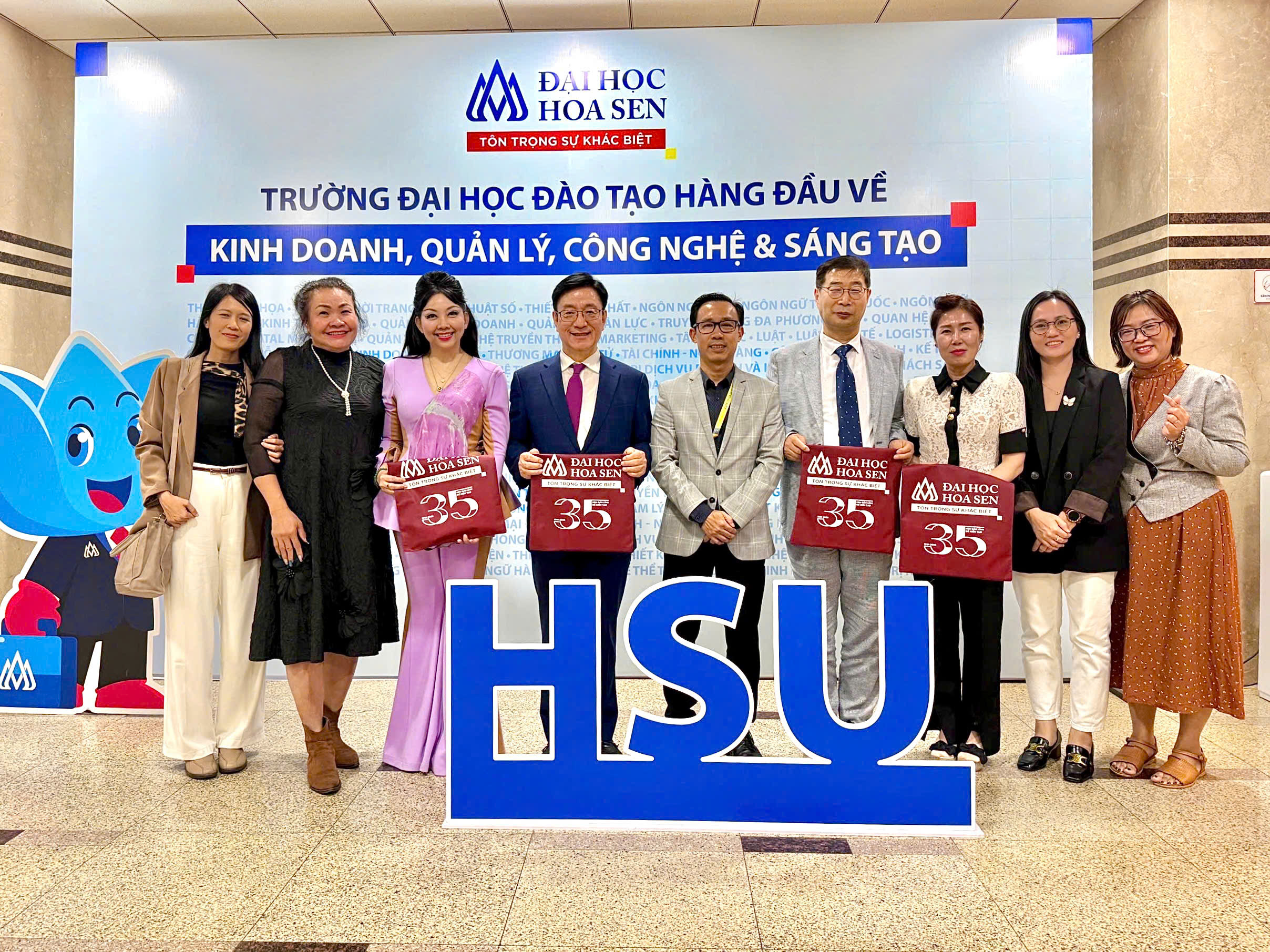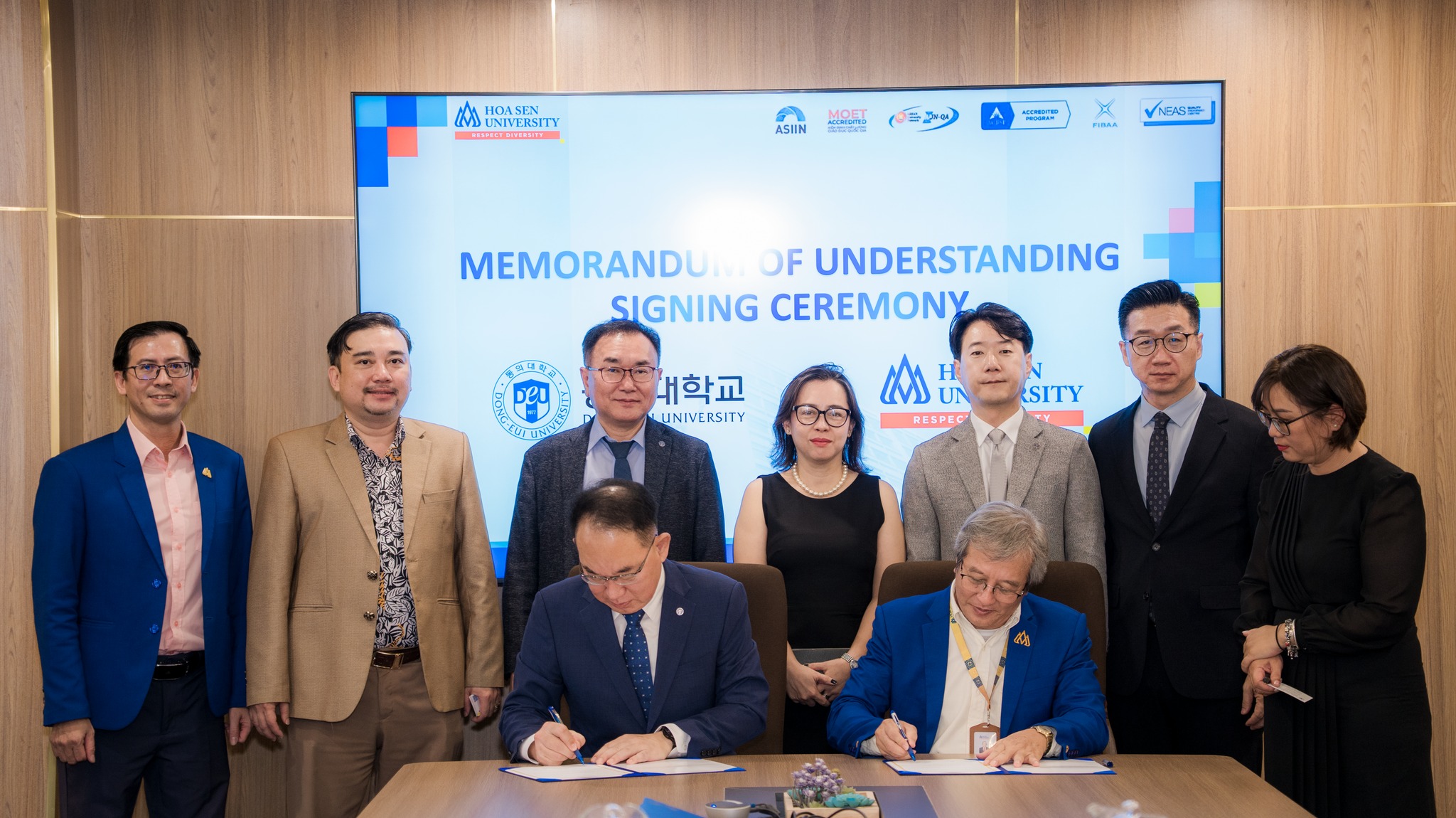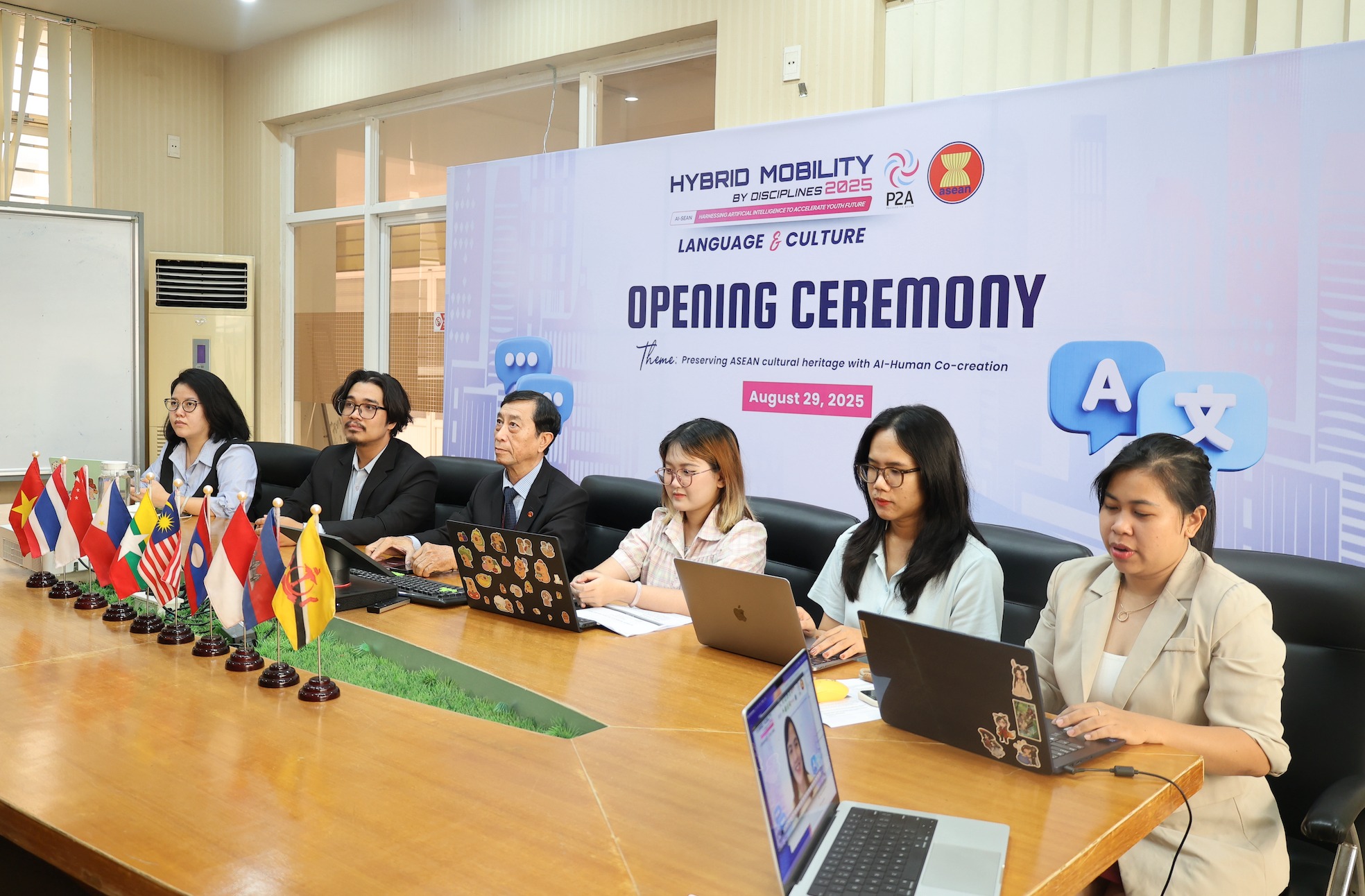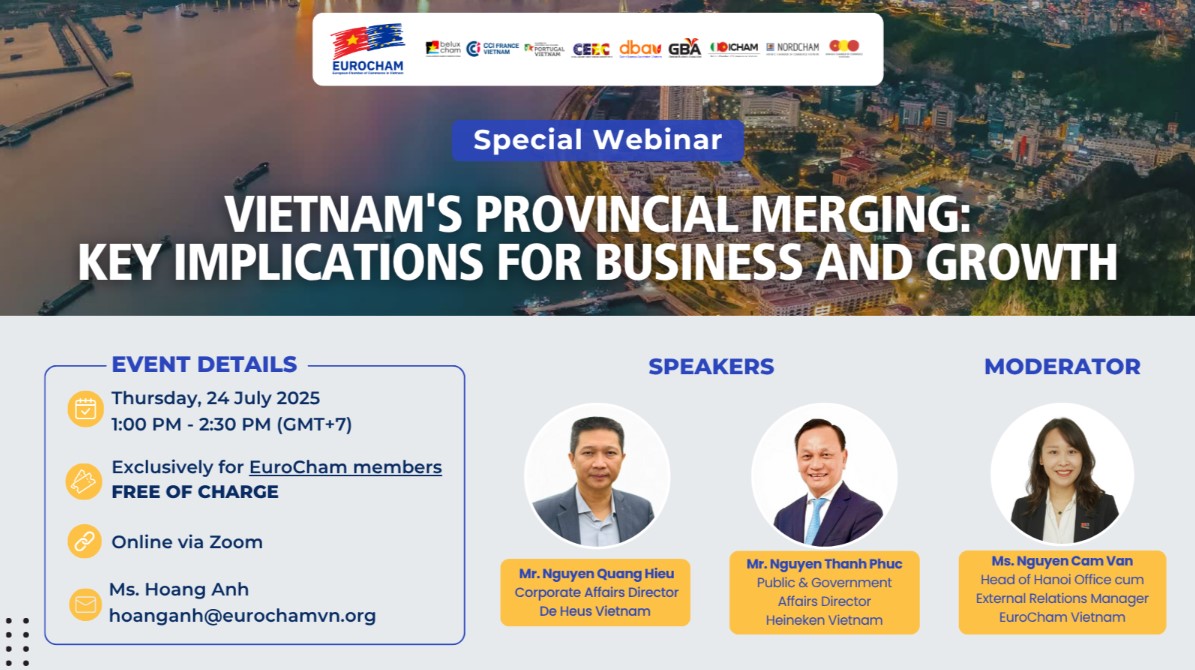The Golden Guide: How to Find the Right Job for You After Graduation
Graduating from university is a significant milestone, but it often opens up a big question: How do you find a job that truly fits who you are? Don’t worry! This article offers practical steps to help you define your career path, discover yourself, and land the ideal job after graduation.

1. What is the Right Job for You?
The right job for you isn’t just about high pay; it’s where you truly belong. It’s a place where work isn’t just a task, but an extension of yourself, where you can contribute and grow continuously. This is the perfect blend of your strengths, passions, and personal values. When you find the right job for you, you’ll maximize your potential, feel energized, and find meaning in your daily work, building a sustainable career.

2. What Do You Need to Prepare to Find the Right Job After Graduation?
To embark on the journey of finding the right job for you after graduating, you need thorough and systematic preparation. Here are the key steps to get ready:
2.1 Conduct a Comprehensive Self-Assessment
The first step in how to find the right job for you is understanding yourself deeply. You need to assess the following aspects:
- Personal Strengths and Weaknesses: Be honest about what you excel at and what areas need improvement.
- True Interests and Passions: What activities genuinely excite you and keep you engaged?
- Life Values and Career Goals: What matters most to you in life and in a professional setting? What do you want to achieve long-term?
- Personality and Preferred Work Style: Are you introverted or extroverted? Do you thrive in collaborative or independent environments?
- Existing Technical and Soft Skills: List both your professional skills and crucial soft skills like communication, teamwork, and time management.
2.2 Research the Job Market
Understanding the job market in your field of interest is crucial. You need to research:
- Relevant Job Positions that align with your major or interests.
- Skill and Experience Requirements from potential employers.
- Salary Expectations and Benefits within your target industries.
- Industry Growth Prospects and future trends.
- Leading Companies in your desired field.
2.3 Build a Professional Personal Profile
Your personal profile is your primary tool for showcasing yourself to potential employers:
- Professionally Designed CV/Resume: Tailor your resume for each specific job application, highlighting relevant skills and experiences.
- Personalized Cover Letters: Write unique cover letters for each company, expressing your enthusiasm and genuine interest.
- Portfolio (if applicable): Showcase your skills and achievements through a portfolio if your field requires it (e.g., design, writing, programming).
- Online Recruitment Platform Profiles: Create robust profiles on platforms like LinkedIn, making sure they are complete and active.
2.4 Develop Essential Skills
Based on your job market research, you need to:
- Refine Missing Technical Skills: Address any skill gaps identified during your research.
- Enhance Soft Skills: Continuously improve skills like communication, teamwork, time management, and problem-solving.
- Learn New Skills: Stay updated with industry trends and acquire new skills that are in demand.
- Participate in Courses, Workshops, or Internships: These provide invaluable practical experience and learning opportunities.
2.5 Build a Strong Network
Your professional network plays a vital role in finding job opportunities:
- Attend Industry Networking Events: Meet professionals, learn about trends, and expand your contacts.
- Connect with University Alumni: Your school’s alumni network can be a great source of advice and opportunities.
- Join Professional Groups on Social Media: Engage in discussions and connect with peers and mentors online.
- Maintain Relationships: Stay in touch with professors, mentors, and friends who might offer support or leads.
2.6 Set Clear Goals
Finally, establish specific goals for your job search process:
- Define Desired Job Type and Position: Be clear about what you’re looking for.
- Set a Timeline for Your Job Search: Having a realistic timeframe helps keep you on track.
- Prepare Financially: Ensure you have enough savings to support yourself during the job search period.
- Have a Backup Plan: Consider alternative options if your ideal job isn’t immediately available.
3. Advantages of Finding the Right Job for You

Discovering the right job for you brings numerous significant benefits, both financially and for your long-term career and well-being:
- Superior Work Performance: When you’re passionate about your work and it aligns with your strengths, you’ll work with greater dedication and focus, leading to better and faster results.
- Continuous Self-Development: You’ll be self-motivated to learn and explore new knowledge and skills, continuously improving yourself and advancing your career.
- Increased Job and Company Loyalty: Feeling a strong fit with your role and organization leads to greater commitment, dedication, and becoming a valuable asset to the company.
- Improved Work-Life Balance: The right job often comes with a healthy work-life balance, allowing you time for family, friends, and personal hobbies, which helps you recharge effectively.
4. Conclusion
Finding the right job for you after graduation is an exciting yet challenging journey. By thoroughly assessing yourself, researching the market, professionally developing your profile, and setting clear goals, you will significantly increase your chances of finding the job you desire.
Understanding these aspirations, the Hoa Sen – De Montfort International Joint Program is dedicated to creating the best conditions for students to access international businesses through practical internship programs. This not only helps students enhance their working skills but also provides a deeper understanding of corporate operations, laying a solid foundation for their future careers. If you’re looking to study in a practical, international environment to secure your future career, De Montfort Vietnam is an excellent choice, opening up numerous attractive career opportunities for you.
See more:
Important Changes in UK Study Abroad Policies in 2025
Working in the UK: What You Need to Know After Graduation
——————————————–
CONSULTATION CONTACT: Hoa Sen – De Montfort Program (Institute of International Education)
Apply online here
Register for consultation here
📍 Address: Room 1007, 10th floor, 08 Nguyen Van Trang, Ben Thanh Ward, District 1, Ho Chi Minh City Phone: 028 7309 1991 (Ext: 4792)
Hotline: 0888 275 276
Email: demontfort@hoasen.edu.vn
Website: www.hoasen.edu.vn/demontfort/
















